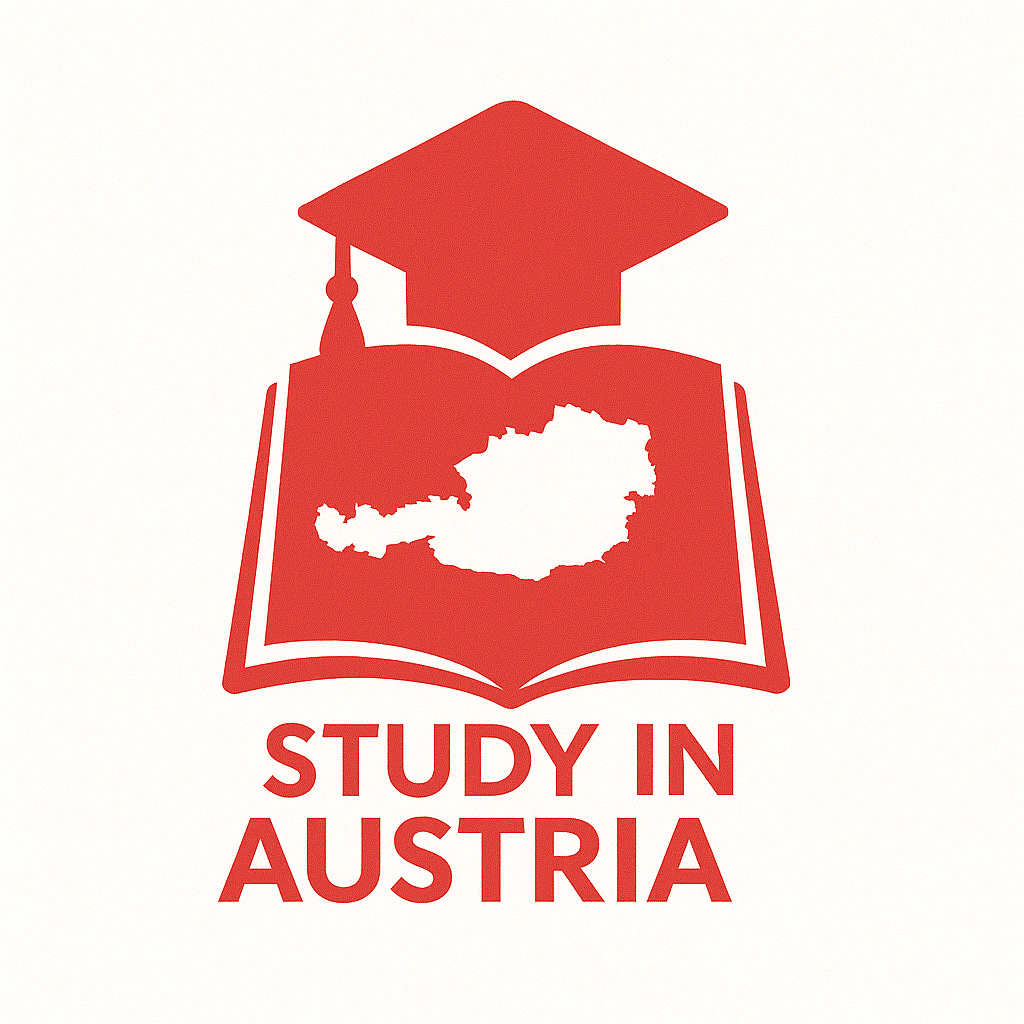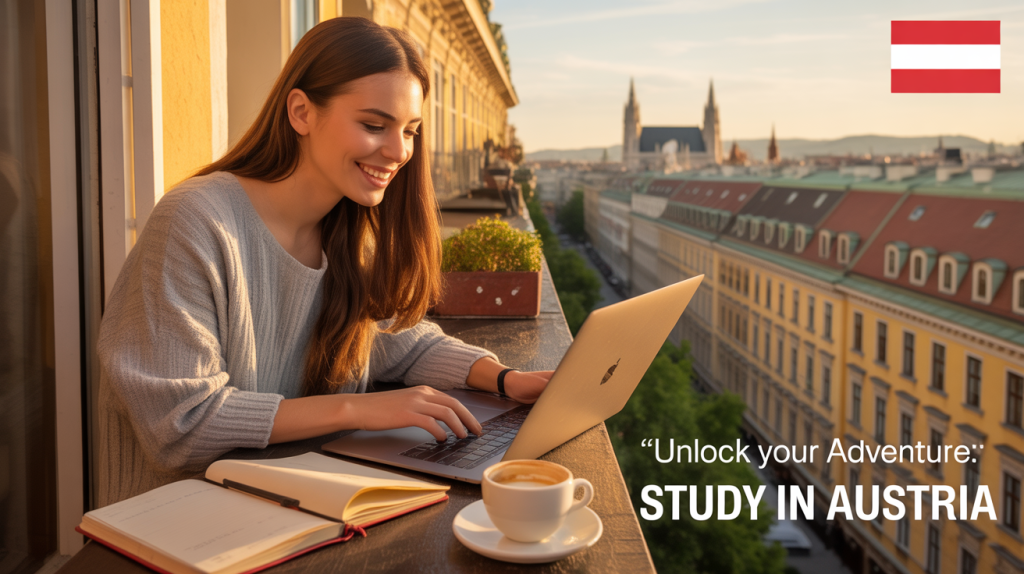How to Maximize Your Study Abroad Experience in Austria on a Budget
Quick Navigation
- Budget Planning Before Arrival
- Take Advantage of Affordable Education
- Open a Local Bank Account
- Utilize Student Discounts
- Accommodation Savings
- Smart Food Choices
- Affordable Transport
- Manage Study Materials
- Socializing and Free Activities
- Monitor and Track Expenses
- Take the Next Step with Study in Austria
Budget Planning Before Arrival
Understand Living Costs
Before you step foot in Austria, it is essential to do your homework on average living expenses. An effective budget is crucial to managing your finances while studying.
Key Expenses to Consider:
- Accommodation: The cost of housing varies significantly by city. Larger cities like Vienna tend to be pricier compared to smaller towns.
- Food: A realistic estimate for your grocery bills can help you plan meals properly.
- Transport: Understand the costs associated with public transport or other commuting options.
- Leisure Activities: Budget for social outings, events, and cultural experiences that enhance your stay.
On average, students can expect to spend around €1,200 monthly to cover these essentials; however, lifestyle choices may cause this number to fluctuate. Creating a detailed budget will not only streamline your finances but also help alleviate anxiety regarding expenses.
Take Advantage of Affordable Education
Tuition Fees and Membership Costs
Austria is renowned for its high-quality education at relatively low tuition costs. Most public universities charge a nominal semester fee, which currently stands at approximately €24.70. This fee grants access to various benefits, including accident insurance, and is applicable regardless of nationality.
By choosing to study in Austria, you can receive a world-class education without the exorbitant tuition fees found in many other countries.
Open a Local Bank Account
Simplifying Financial Transactions
Setting up a local Austrian bank account facilitates day-to-day financial management.
Benefits of a Local Account:
- Reduced Fees: Avoid the high costs of international bank transfers and currency conversion.
- Convenient Bill Payments: Having a local account makes it easier to pay rent, utilities, and other expenses without unnecessary hassles.
- Access to Student Banking Options: Many banks offer low-cost or even free banking packages specifically designed for students.
Opening a bank account shortly after arriving in Austria can ease the transition into this new environment.
Utilize Student Discounts
Maximizing Savings as a Student
As an international student, your student ID is your passport to savings. Always keep it handy for various discounts available in the city.
Where to Look for Discounts:
- Public Transport: Obtain discounted transport passes that cater to students.
- Cultural Institutions: Many museums and galleries offer reduced rates for students.
- Shopping and Dining: Look for promotional offers in cafes, restaurants, and retail stores.
Every little savings adds up, which can make a considerable difference over your stay.
Accommodation Savings
Smart Housing Choices
Housing can significantly impact your monthly budget. One of the best strategies for saving on accommodation is to share living spaces.
Recommended Housing Options:
- Shared Flats: Consider sharing an apartment with fellow students to split rent and utility costs.
- University Dormitories: Often the most affordable option, university housing provides a convenient living arrangement that facilitates social interactions with other students.
Explore available options through resources like the housing guide on Study in Austria.
Smart Food Choices
Eating on a Budget
Food expenses can accumulate quickly, but there are ways to keep them manageable.
Cost-Saving Tips:
- Cook at Home: Preparing your meals instead of dining out is considerably more economical.
- Buy in Bulk: Purchase groceries from discount supermarkets and opt for seasonal produce.
- Avoid Imported Goods: Focus on local products, which are usually cheaper and fresher.
Planning your meals in advance and shopping strategically can significantly lower your grocery bills.
Affordable Transport
Navigating the City Economically
In Austria, owning a car is often more trouble than it’s worth due to maintenance costs, parking fees, and insurance.
Transportation Alternatives:
- Public Transport: Utilize well-established public transport systems that offer discounts for students.
- Bicycles: Purchasing a bicycle can also be a cost-effective and healthy method of getting around, especially in cities such as Graz or Vienna.
For information about student transport options, refer to the Transport in Austria.
Manage Study Materials
Finding Affordable Resources
Academic supplies can be an unexpected expense for many students.
Strategies for Cost-effective Supplies:
- Buy Used Textbooks: Many students sell their books at the end of the semester; purchasing used items from senior students can save you money.
- Online Sales Platforms: Look for student forums or campus notice boards where materials are frequently posted for sale.
These tips will help you acquire the resources you need without breaking the bank.
Monitor and Track Expenses
Staying Financially Agile
Keeping a close eye on your spending habits will empower you to make adjustments if needed.
Tools for Expense Management:
- Budgeting Apps: Utilize mobile apps designed for tracking expenses. Many are free and user-friendly.
- Spreadsheets: If you prefer manual tracking, a simple spreadsheet can do wonders for clarity on where your money is going.
Regularly monitoring your finances allows you to stay within your budget and identify areas where you can save.
Take the Next Step with Study in Austria
Planning to study in Austria? Explore the numerous opportunities available for international students and make the most of your educational journey!


Socializing and Free Activities
Balancing Fun and Finances
Maintaining a vibrant social life is important, but it doesn’t have to drain your wallet.
Staying social doesn’t have to be an expensive endeavor, and engaging in free community events can help you meet new friends while enjoying the local culture.